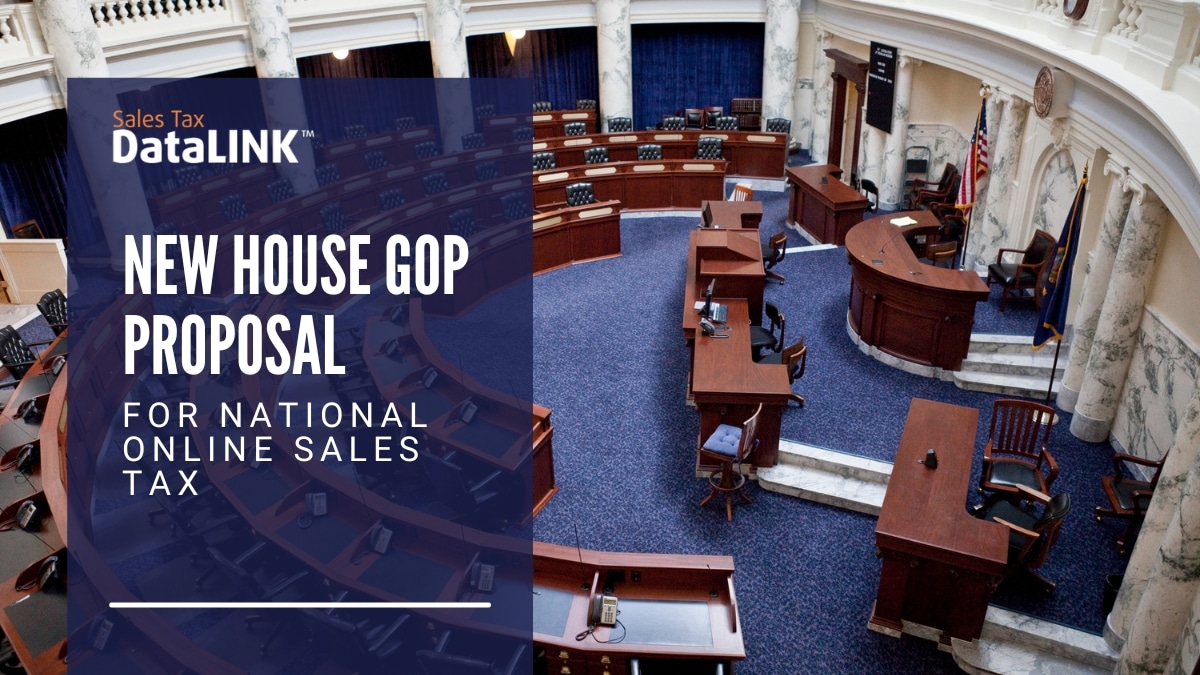GOP lawmakers in the United States House of Representatives are again proposing another national online sales tax bill or a bill that will create a national system of taxing online sales. In an effort to level the playing field for all retailers, House Oversight Chairman Jason Chaffetz and 15 other legislators are sponsoring a bill that makes significant changes to the Marketplace Fairness Act.
Most notably, the bill doesn’t use origin-based sales tax like the bill draft proposed by Representative Goodlatte and also limits the extent to which states can audit out-of-state retailers.
What the Revival of National Sales Tax Means for Retailers
If you’re worried about a national sales tax bill passing, the likelihood of such a bill going into effect is still slim. While the original sponsor of
the Republican bill, Representative Steve Womack, is on board with Chaffetz’s version of a national online sales tax solution, there is still likely to be a big divide between Republicans on the matter of online national sales tax of any kind.
According to The Hill, “supporters of the new bill acknowledged they face a tough task in getting their measure passed anytime soon.” Republicans are divided on the issue of sales tax and the Senate passed an entirely different approach to online sales tax. There are still many obstacles left to overcome for any sales tax to become national.
In fact, neither speaker of either legislative body, the House or Senate, has shown a keen interest in national sales tax legislation.
What’s Different About the Remote Transaction Parity Act
What’s important to know about this new version of a sales tax bill is that it abides by destination-based sales tax calculations. In other words, retailers are obligated to charge the sales tax rate of the consumer and remit payment to the consumer’s tax jurisdiction. Goodlatte’s bill, on the other hand, asked retailers to charge the rate of where their businesses are located with an origin-based system of sales taxation.
If you’ve been doing sales tax for any amount of time, you understand just how difficult destination-based sales tax can be to manage. This bill would dramatically increase every business’ sales tax liabilities and the time they’d spend calculating, managing, and filing sales tax.
Although it is unlikely that this bill will become law, we’ve seen an increasing number of different ideas on how sales tax should be administered nationally and an increase in the ways nexus can be created. As states are increasing the ways your company can be liable for sales tax, it’s your job to prepare for what just might be inevitable as your company grows—sales tax liabilities in more jurisdictions.
It’s better to be prepared for any changes to sales tax law and get systems in place that make managing sales tax easier. Technology is a sales tax manager’s best friend when it comes to sales tax liabilities. We can help you automate your sales tax filing process and ensure you have the highest level of compliance possible with our sales tax filing software.
Want to take it for a test drive? Sign up for a free web demo.




